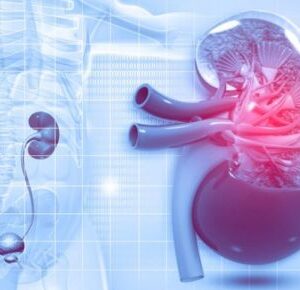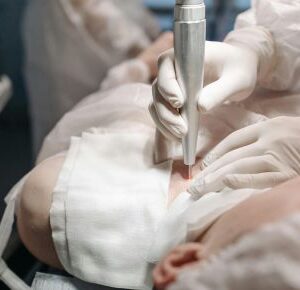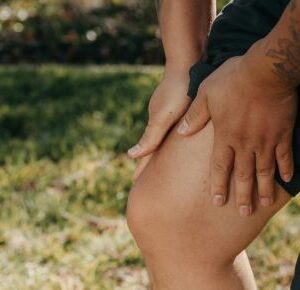
Injury recovery is a complex and demanding process, requiring a well-rounded approach to rehabilitation. Hence, understanding the various types of rehabilitation treatments available can empower individuals to make informed decisions about their recovery journey. From therapies aimed at restoring physical abilities to those focused on mental and cognitive well-being, each treatment offers unique benefits tailored to specific needs.
In this blog post, we’ll discuss effective rehabilitation options, shedding light on how different therapies contribute to a successful and comprehensive recovery. Let’s dive in!
Physical Therapy
Physical therapy is often the cornerstone of rehabilitation following an injury. This treatment involves exercises and manual therapies designed to restore movement, strength, and function. A tailored physical therapy program can address issues such as joint stiffness, muscle weakness, and balance problems. Working with a trained physical therapist, individuals can gradually improve their mobility and reduce pain, ultimately enhancing their quality of life.
Occupational Therapy
While physical therapy focuses primarily on physical recovery, occupational therapy aims to help individuals perform day-to-day activities more effectively. This type of therapy is especially beneficial for those who have sustained injuries that affect their ability to complete self-care tasks, work duties, or leisure activities.
Occupational therapists assess the patient’s environment and provide adaptive strategies, tools, and exercises to facilitate independence and ensure a smooth transition back to daily life.
Aquatic Therapy
Aquatic therapy, or hydrotherapy, utilizes the therapeutic properties of water to aid in recovery. The buoyancy of water lessens stress on joints and muscles, making it an excellent option for individuals suffering from pain or limited mobility.
In a water-based setting, patients can perform exercises that might be too difficult on land, gently promoting strength and flexibility. Aquatic therapy also offers a soothing environment that can alleviate pain and encourage relaxation during recovery.
Chiropractic Care
Chiropractic care involves the manipulation of the spine and joints to relieve pain and improve function. This treatment is particularly effective for injuries related to the back and neck, as well as conditions such as sciatica and sports injuries.
Chiropractors use specific techniques to realign the body, decrease pressure on nerves, and enhance overall physical health. Regular chiropractic sessions can help speed up the recovery process and prevent future injuries by maintaining proper body alignment.
Massage Therapy
Massage therapy is a widely recognized treatment that supports recovery by improving circulation, reducing muscle tension, and promoting relaxation. Various techniques, including deep tissue massage and myofascial release, can target specific injury areas to relieve pain and enhance healing.
Additionally, massage therapy helps minimize scar tissue formation, increase joint flexibility, and decrease inflammation, making it a valuable component of a comprehensive rehabilitation program.
Speech Therapy
In cases where an injury impacts communication or swallowing, speech therapy becomes an essential part of rehabilitation. Speech therapists work with patients to improve speech clarity, language skills, and swallowing functions through tailored exercises and strategies.
This therapy is crucial for individuals recovering from traumatic brain injuries, strokes, or surgeries affecting the vocal cords, significantly contributing to their overall recovery and quality of life.
Cognitive Rehabilitation
Cognitive rehabilitation zeroes in on restoring cognitive functions that may have been affected by an injury. This type of therapy helps individuals relearn skills such as memory, attention, problem-solving, and organizational abilities.
Cognitive therapists often create personalized programs using tasks and exercises designed to challenge and boost these skills, assisting patients to regain independence and return to work or school activities.
Pain Management
Pain management is a critical aspect of injury recovery, providing relief and improving the patient’s overall comfort. This can include a combination of medications, therapies, and alternative treatments such as acupuncture or mindfulness exercises. Proper pain management not only facilitates quicker healing but also guarantees that individuals maintain a positive outlook throughout their recovery journey.
Recovering from an injury requires a multifaceted approach, and exploring the different types of rehabilitation treatments significantly speeds up the healing process. Whether through physical therapy, chiropractic care, or speech therapy, each treatment plays a crucial role in addressing specific recovery needs. Embracing a combination of these therapeutic options can lead to improved strength, mobility, and quality of life.
For those navigating the journey of injury recovery, reaching out to rehabilitation centers in your area, like Northview Medical, can provide guidance and access to tailored programs designed to meet individual needs. With the right support and dedication, regaining a healthy, active lifestyle is within reach.






